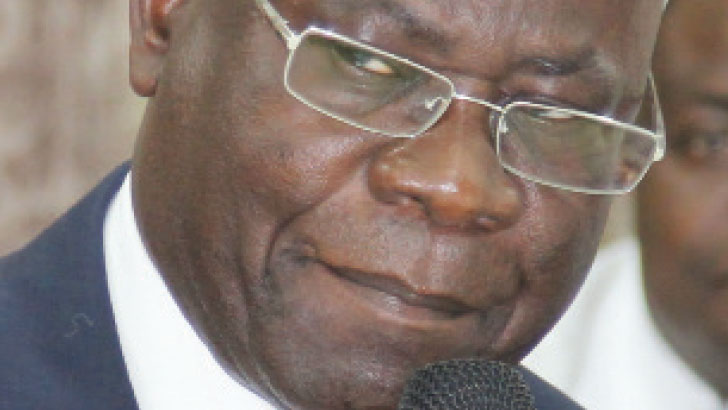Committee ‘orders’ Nocma to ignore Mera over fuel deals
The Natural Resources Committee of Parliament has asked the National Oil Company of Malawi (Nocma) to complete a controversial procurement process of the country’s new fuel supplies despite an impasse with the regulatory body, Malawi Energy Regulatory Authority (Mera).
In January, the Mera board rejected Nocma’s application for approval of prices for suppliers selected, citing concerns over overpricing. The board subsequently asked Nocma to only offer contracts to selected suppliers at price suggested by other lower bidders.
But Nocma claims Mera’s move is part of political interference in the procurement process, saying the refusal to grant the contracts is aimed at imposing on the company specific suppliers—something that prompted Nocma deputy chief executive officer Helen Buluma to lodge a complaint with the Anti-Corruption Bureau (ACB).

Both Nocma and Mera were invited to an interface with the committee last week where it resolved to ask Mera to review its position and allow Nocma to proceed with the procurement process, but the Mera board requested more time to convene and deliberate the matter.
At a meeting yesterday, at Sunbird Nkopola in Mangochi, Mera officials communicated their decision, insisting that the approval had not been granted and as the board expected Nocma to address the concerns which they raised about the procurement.
In his address to the committee, Mera chairperson Leonard Chikadya said his board met on Wednesday and resolved to maintain its position.
“Mera’s interest is to ensure that Malawians purchase fuel at reasonable prices and to ensure the security of supply so that there is no shortage of fuel in the country. Section 36 of the Liquid Fuels and Gas (Production and Supply) Act states that the price for liquid fuels throughout the chain of supply shall be subject to approval by Mera. Mera strives to ensure that fuel supplies to Malawi throughout the chain of supply are kept at the minimum prices so that the pump prices can also be kept at the minimum.”
According to Chikadya, Mera’s key demand is that Nocma should commit to transparently re-evaluate the bids and identify the lower bids on top of two more suppliers of Nocma’s choice, which would be asked to match the lower prices if they are to be contracted.
But the move angered the parliamentary committee, which accused the board of undermining its authority, and after a recess to privately map the way forward, committee chairperson, Welani Chilenga, read out the resolution mandating Nocma to proceed with the procurement.
“Based on the approvals from Public Procurement and Disposal of Assets (PPDA), Anti-Corruption Bureau (ACB), Government Contracting Unit and Ministry of Justice, and having interacted with Nocma and Mera, and considering that the process to procure fuel has taken over eight months instead of four months, and fear that the current bickering between Mera and Nocma has potential to cause fuel shortages in the country, the committee is of the strongest view that Nocma should proceed with procurement of fuel and for the committee to report to the same fact and recommendation to the main house next week,” said Chilenga.
The legal implication of the move remains unclear. The law envisaged independence for Mera from any other bodies in regulating the sector.
Chikadya refused to comment after the meeting and other board members referred questions on the legal implications to the Attorney General’s office.





